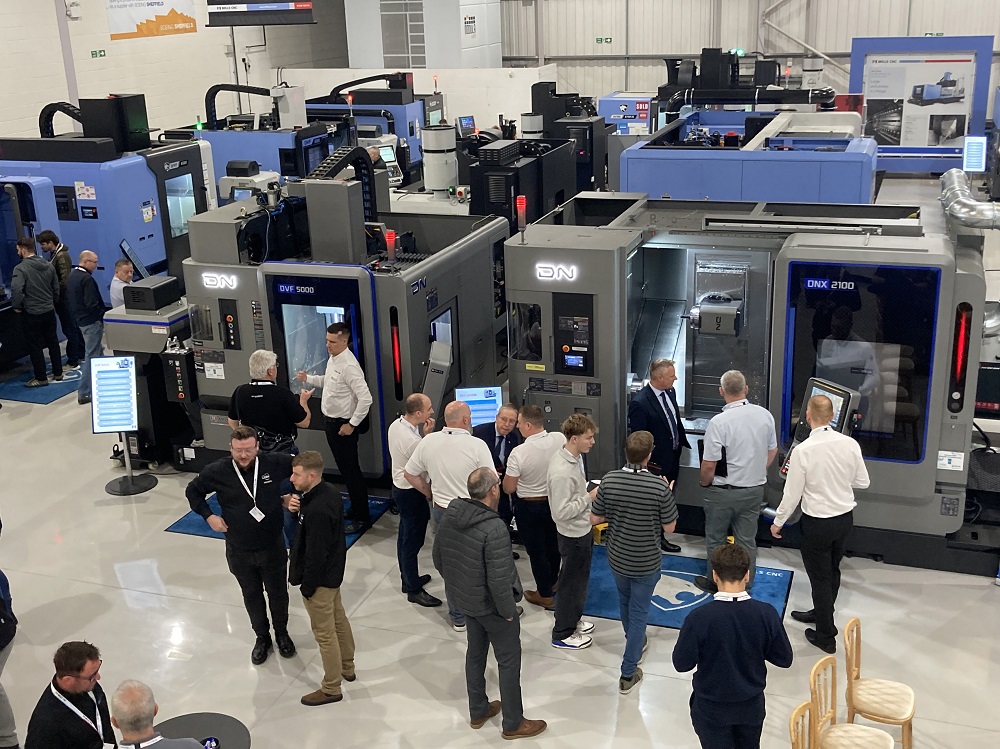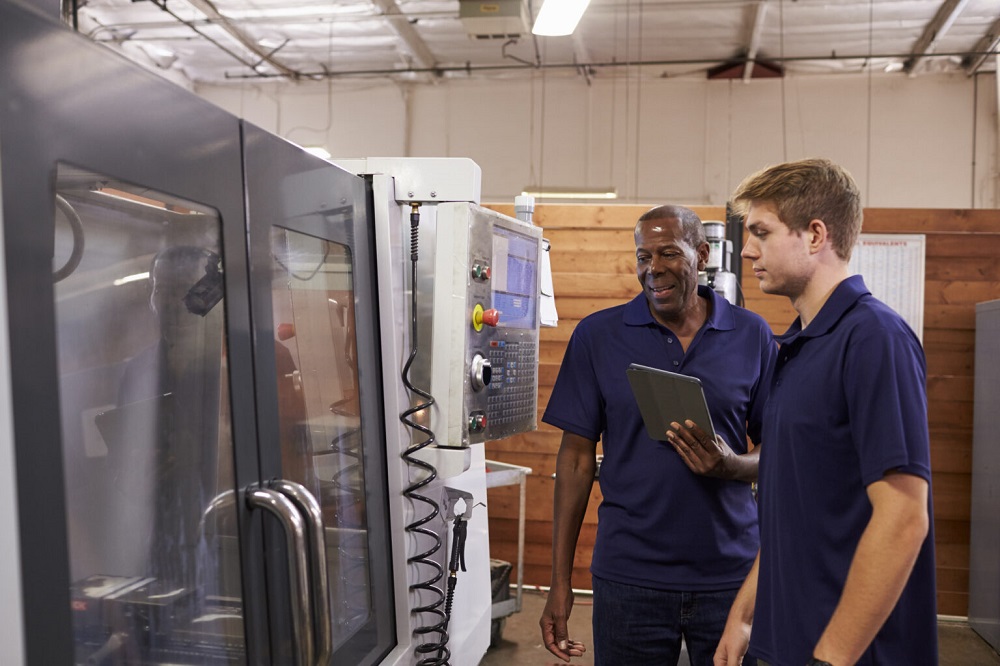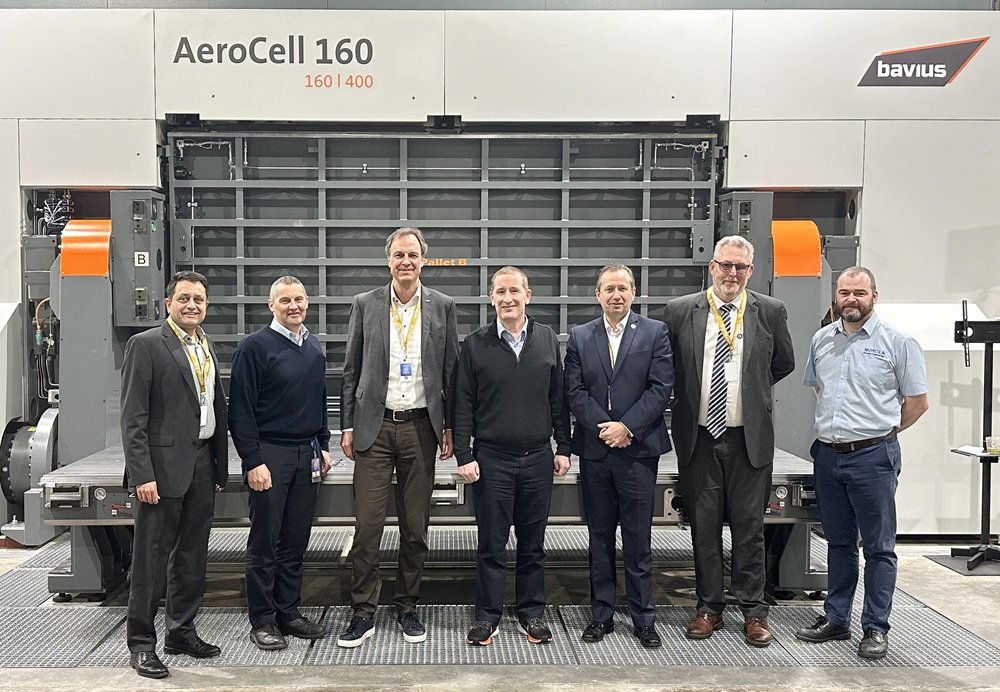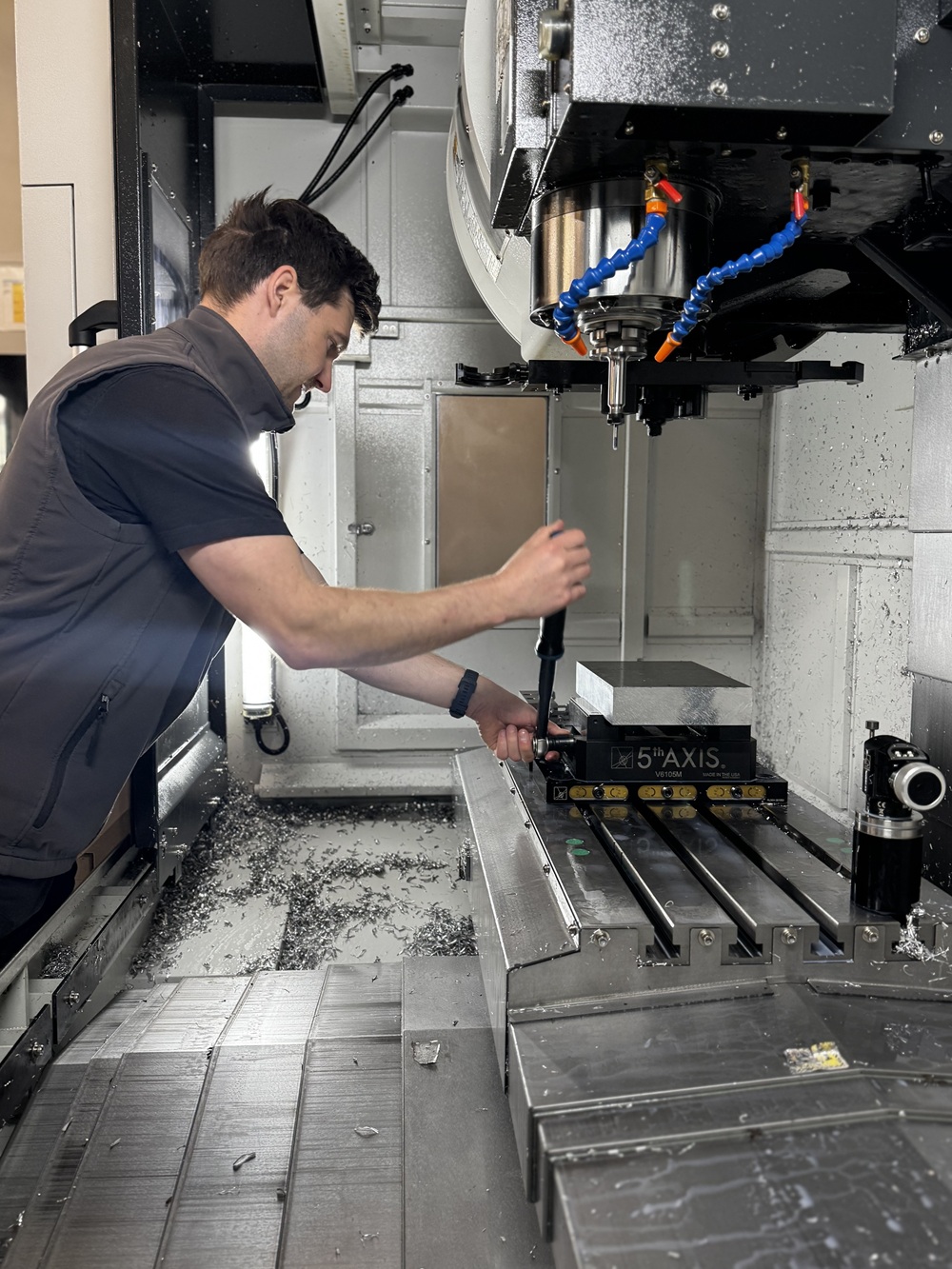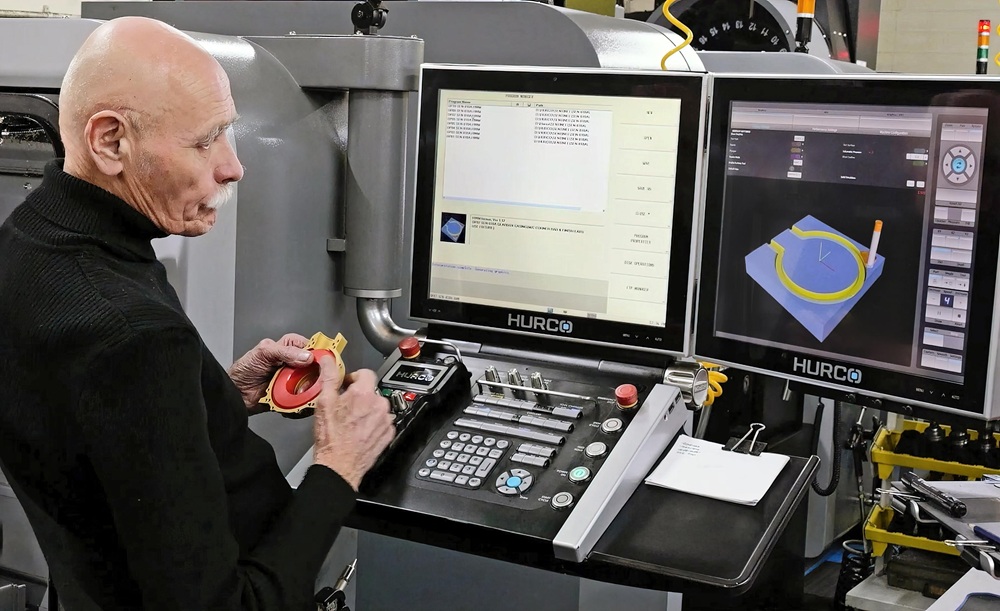According to 1st Machine Tool Accessories, workholding may not always be the most glamorous part of machining, but it is one of the most important. For engineers, a strong understanding of work-holding principles is essential asit directly influences product quality, efficiency, safety and overall manufacturing costs.
At its core, workholding ensures that a workpiece is positioned securely and accurately during machining. This stability not only guarantees precision but also enables engineers to optimise operations, reduce waste and design parts that are manufacturable at scale.
Several key reasons exist whyevery engineer should understand workholding.Optimised workholding set-ups not only prevent workpiece movement, ensuring finished parts meet exact tolerances, they can also minimise defects, rework and wasted material, directly reducing manufacturing expenses.
Of course, production efficiency also sees an increase, where quick changeovers and standardised set-ups keep machines producing for longer. Here, the ability to select the optimal device – jig, fixture, vice or chuck – for specific part geometries and production volumes, is paramount. By understanding workholding, engineers can design parts that are easier to hold and machine, even when complex.
Safety is another critical factor. Properly held workpieces prevent dangerous accidents resulting from components that shift from the held position.
1st MTA believes knowledge of workholding is essential to developing skilled, confident engineers. That is why the company is offering free-of-charge work-holding seminars to educational establishments and training centres.These sessions cover best practice, principles and hands-on demonstrations of the latest equipment, helping to bridge the gap between theory and real-world application.
More information www.1mta.com






